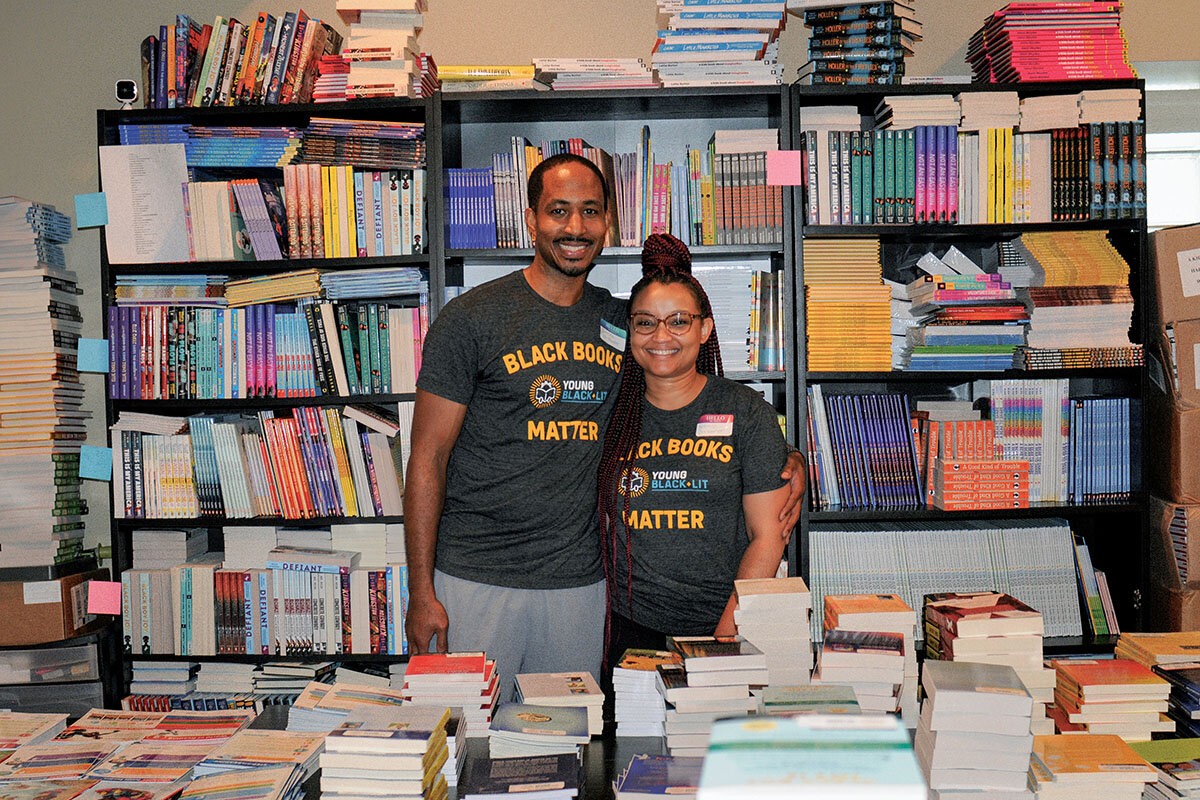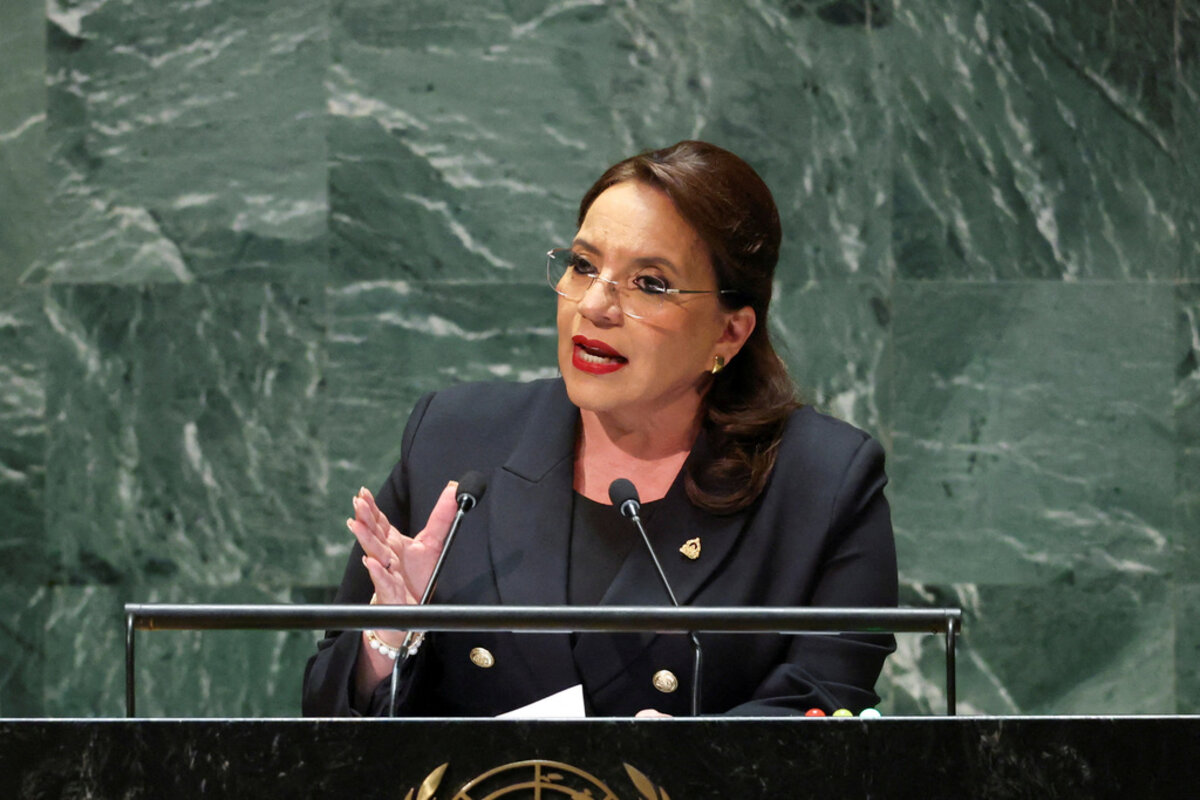The group designed to be a thorn in the side of GOP leadership has become too fragmented to agree on specific demands, reducing its influence as a bloc. But key individuals have more leverage than ever.
Monitor Daily Podcast
- Follow us:
- Apple Podcasts
- Spotify
- RSS Feed
- Download
 Linda Feldmann
Linda Feldmann
Dianne Feinstein, California’s senior senator, who died Friday, is being remembered for her three decades as a pioneering woman in the United States Senate – and before that, as San Francisco’s first female mayor.
Senator Feinstein was a prominent advocate for gun safety and civil rights, and a centrist Democrat who rose to become chair of the Senate Intelligence Committee and a key member of the Senate Judiciary Committee.
Most recently, as the oldest member of Congress, she experienced cognitive struggles that led to calls for her resignation. In today’s Monitor Daily, our “Why We Wrote This” podcast examines the larger issue of age and politicians. But on Friday, Ms. Feinstein was remembered fondly from both sides of the aisle.
“Dianne made her mark on everything from national security to the environment to protecting civil liberties,” said President Joe Biden, a friend from their Senate days together, in a statement. “She’s made history in so many ways, and our country will benefit from her legacy for generations.”
“She was an incredibly effective person at every level on the way to the Senate,” Senate Republican leader Mitch McConnell said in a statement. “Her name became synonymous with advocacy for women, and with issues from water infrastructure to counter-drug efforts.”
Perhaps Ms. Feinstein’s most iconic moment of leadership came in 1978, when San Francisco Mayor George Moscone and city supervisor Harvey Milk were assassinated at City Hall. Ms. Feinstein, as president of the Board of Supervisors, became acting mayor and led the city through a dark period, before winning the office in her own right.
She was first elected to the Senate in 1992 – the “Year of the Woman.” Now, California’s Democratic governor, Gavin Newsom, faces the task of naming a replacement to fill the rest of Ms. Feinstein’s term. He had earlier pledged to name a Black woman. But whomever he selects, the Feinstein legacy will surely serve as a guidepost.
[Editor’s note: This article was updated to correct the date of Ms. Feinstein's death.]










